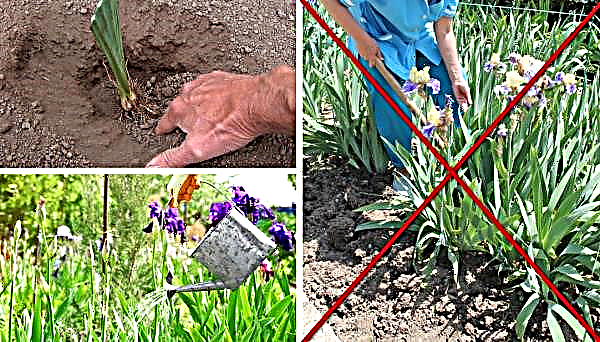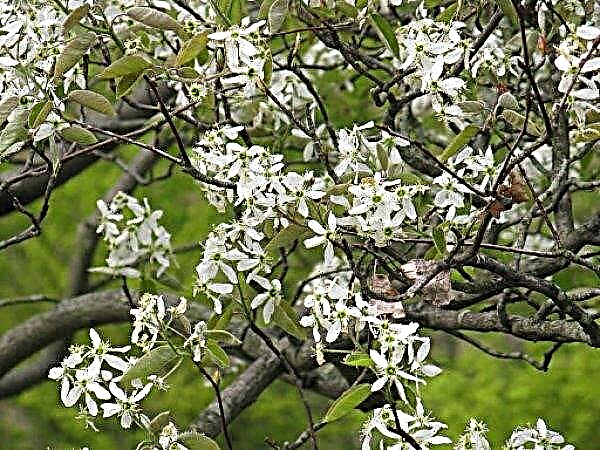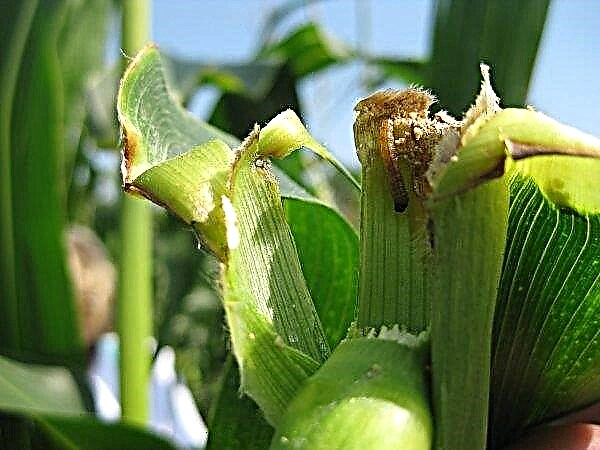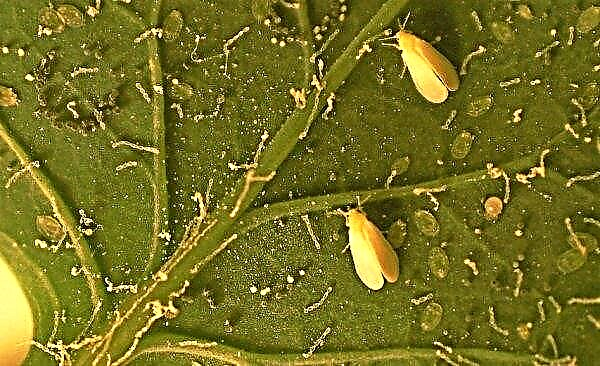A team of scientists from Rothamsted Research successfully adapted the genetic methods developed to improve the crop for use in weeds, which allowed them to directly study the genetics responsible for herbicide resistance for the first time.
Since the invention of weed killers, farmers have been involved in an endless arms race with weeds - from the moment the weeds are first sprayed, resistance to chemicals begins to develop, and the arsenal is reduced year by year.
Since weeds are fast-growing, it is this growth rate that makes it possible to identify recent disturbances in nature. These plants are the first to populate new territories, and under favorable conditions live for several years, and under adverse conditions they die after a short time.
In the group report "Plant Physiology" it is said that they used plant viruses to turn off weed genes or, conversely, to increase the production of specific proteins by weeds in the laboratory.

This means that these researchers can now directly show that a certain gene is required for resistance to herbicides.
Lead researcher Dr. Dana McGregor said this study has changed the rules of the game in weed genetics.
- Earlier, we wrote that China issues biosafety certificates for plant resistance to herbicides.
- Nufarm announces plans to host the Commodity Classic, America's Largest Farmer-Oriented Farmers Conference, February 27-29 in San Antonio, Texas.
- In the state of Kansas (USA), the first case of resistance of Palmer amaranth to synthetic auxin herbicides was recorded.












